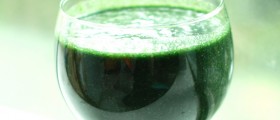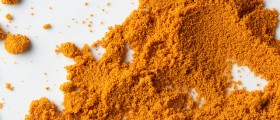
Information on Spirulina
Spirulina is a species of algae characterized by its blue and green color and it is commonly used in numerous different food supplements. It provides various health benefits and it is a remarkable source of dozens of different essential nutrients.
It has five times more protein than any type of meat and it is remarkably rich in different essential minerals and vitamins so it is an excellent addition to the daily diet of any vegetarian.
It can be purchased in different forms such as tablets, powder and flakes. A spirulina extract can also be available from some well equipped health food stores. Spirulina is usually consumed when included in other types of food. It is important to understand that anyone can benefit from spirulina because it contains so many different essential minerals and vitamins and abundant quantities.
This can be very beneficial for infants who dislike and avoid eating certain types of vegetables and fruits, because it can provide them with some nutrients which they miss. It can also complete the nourishment of growing teenagers very efficiently. It can also provide pregnant women with the much needed sufficient nutrition.
Many different types of athletes can benefit from spirulina greatly because of all the nutrients. It is also recommended for vegetarians as a very valuable food supplement. Those who suffer from hyperthyroidism, high fever and allergic reactions to several types of seafood should not consume spirulina in any form.
Side Effects of Spirulina
Spirulina is a food supplement but it is natural so most people should not experience any types of side effects, even when it is consumed in excessive quantities.
Some persons may be allergic to spirulina and that is about all side effects that may occur with this herbal supplement. Rare cases have included some minor types of side effects in some people who have consumed spirulina as a food supplement. One of the most common of all those side effects is fever because spirulina contains protein in excessive amounts.
When the human body breaks down the protein it releases heat so that may lead to fever. These cases are usually accompanied by inability to sleep and sometimes even overexcitement.
Spirulina can also trigger certain side effects which affect the digestive tract.
Those may include gas, diarrhea, acidity, constipation, hiccups, and stomach ache. Spirulina can also trigger certain side effects such as skin rash, respiratory tract problems, edema and excessive thirst.

















Your thoughts on this
Loading...